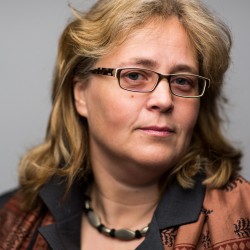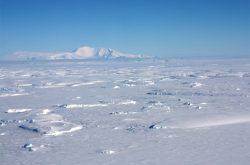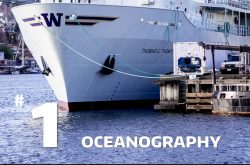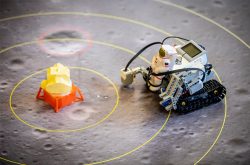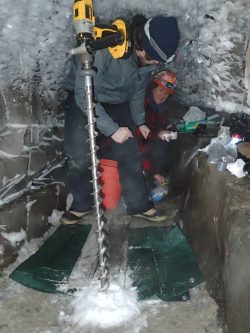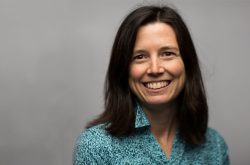
Associate Professor Laura Prugh of the University of Washington’s School of Environmental and Forest Sciences received the 2019 Presidential Early Career Award for Scientists and Engineers, the highest honor given by the U.S. government to early career scientists and engineers.
This award is bestowed to outstanding scientists and engineers who are beginning their independent research careers and who show exceptional promise for leadership in science and technology, according to the White House.
Prugh is a wildlife ecologist who studies interactions among species, with particular interests in facilitation, trophic interactions, and indirect effects. Research in her lab use a combination of intensive fieldwork, modeling, meta-analyses, and interdisciplinary approaches to study the response of wildlife communities to global change. Her current work, part of a long-term research project, looks at how wolves affect smaller carnivores like coyotes, foxes, and lynx in Denali. Another one of her projects looks at how kangaroo rats in California alter the impact of climate change on plants in the ecosystem.
More than a dozen federal departments or agencies nominate young scientists and engineers from across the country whose contributions “advance science, technology, education, and mathematics (STEM) education and contribute to community service as demonstrated through scientific leadership, public education, and community outreach. ” The awards were first established by President Bill Clinton in 1996, and are coordinated by the White House Office of Science and Technology Policy and participating departments and agencies.




